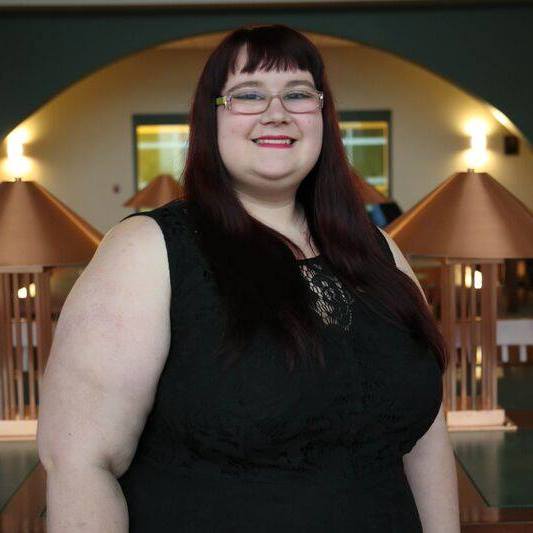It was the perfect storm, a jetlagged Brianna, midnight, a lack of services on a federal, provincial and community level and another student was in need of services that were full, or didn’t meet their needs.

I started making phone calls, to Rachel, the Student Union Vice President Education; to a student who works with a local MLA; and to a friend as the voice of reason. I got out the war paint… and since then have been letting the paint dry on my face. This is not an easy problem to solve, for anyone, let alone someone who is struggling to be a semi-functional human being.
In recent years, I have been involved with mental health groups, but in the past 12 months I have moved from being the volunteer, to being a full blown advocate and that comes with a weird kind of privilege. With my struggles last semester, I worry that I only got services because I knew the people providing them. The stories of students who are unable to access services weigh me down, and I feel guilty whenever I see my counsellor because I know how long the waitlist is. I have also had the opportunity to attend conferences, meetings, and events on the topic of youth mental health. I have been in the room with government officials, insurance providers, lawyers, doctors, and counsellors using my story to make a point and plead for changes.
And my story is this: five days after I attempted suicide at the age of 15 I was sitting in a social worker’s office in Saint John with my mother. There was a nine-month waitlist, the social worker who saw me said, “If you hadn’t tried to kill yourself, you would be on that waitlist instead of in my office” The thing is, I could have been lying in a coffin. And while I ultimately got the services I needed, but the system stayed the same.
I am fortunate, because I have not known anyone who has died by suicide –yet. I say yet because the most substantial changes I have seen have come after a tragedy. We waitlist the mentally ill, until someone finds a permanent solution to a temporary problem.
It is sickening that society waits until it can no longer ignore the problem to even admit that it exists. And I am tired. I am not tired because having anxiety and depression at the same time is the worst kind of oxymoron. I am tired of sitting around tables talking about the obstacles. I am tired that researchers and advocates are putting their own pride above solving the problem of youth mental health. The worst part is that we waitlist the problem to which we have a solution.
Our conversations centre around reducing the stigma of mental health, but the conversation cannot end there; now we must give people the treatment and the recovery they deserve. The Mental Health Commission of Canada, the Douglas Institute, and the Canadian Mental Health Association of British Columbia lay bear a simple truth: early intervention is the most effective way to reach the greatest number of people.
Is there a greater upfront cost? Yes, but overall it reduces the cost of mental health care, and allows students who would have dropped out because of their health to remain and finish their degrees, which would increase retention. It makes sense economically and humanly. By increasing the availability of supports in schools, we can be proactive instead of focusing on crisis management. This is the direction that the whole country needs to shift to.
I do not care who leads the charge; whether it be the school, the government, lawyers, or psychiatrists. The truth is this is not a problem we can waitlist for tomorrow, nine months or nine years. This is not something we can talk about in clinical terms: stigma, allies, and bullshit. This is a real problem with real people and real lives teetering on the brink of reaching out for a hand and either finding one or empty air. We need to fill the air with more than just our voices. We need to act.
